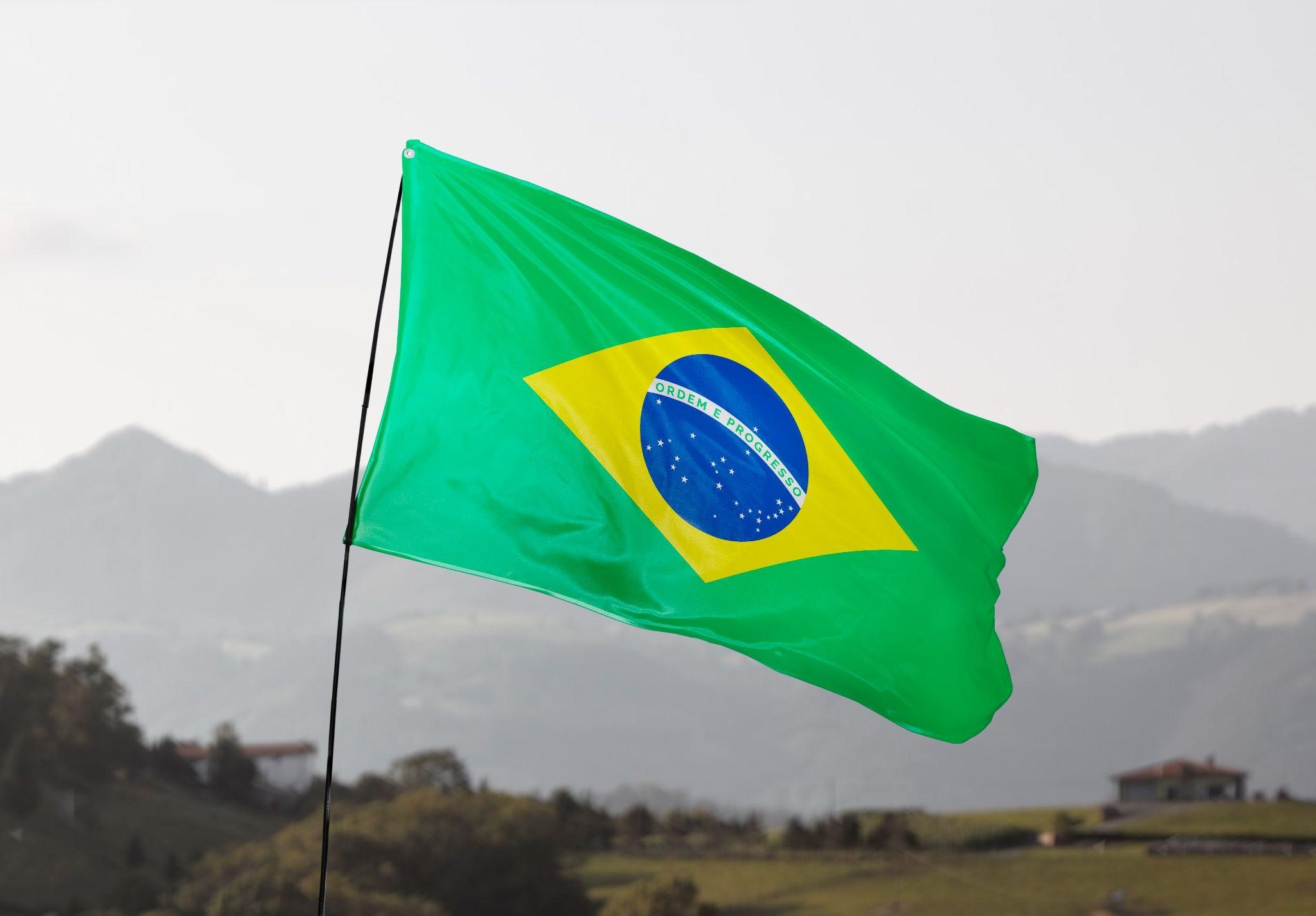NEW REGULATIONS RESHAPE FOOTBALL BETTING IN BRAZIL
As we enter 2025, Brazil's new betting regulations

As we enter 2025, Brazil's new betting regulations are already having a significant impact on the football scene. These rules, which took effect on January 1st, follow the country's approval of a betting law in 2023 and represent a major change in the operations of betting companies within Brazil.
The Brazilian government is enhancing transparency and regulation in the betting sector by mandating compliance with local licensing laws and the adoption of the ".bet.br" domain. This initiative addresses concerns about sports betting, which often relies on predictions that can influence public interest and betting behaviors.
By regulating the domain and ensuring adherence to licensing standards, the government aims to safeguard both the industry and consumers. These changes could significantly impact sponsorships, club finances, and fan engagement, making them key areas of focus for teams and stakeholders.
A NEW REGULATORY ERA FOR BETTING COMPANIES
The Brazilian government’s stringent regulations for betting platforms mark a turning point for the industry. These rules aim to increase consumer protection, prevent fraud, and ensure responsible gambling practices. Key provisions include the requirement for companies to obtain licenses and operate within Brazil’s jurisdiction, pay taxes locally, and adapt their digital operations to new standards.
Betting companies are encouraged to transition their websites to a local domain extension to demonstrate compliance. For example, KTO, a legal betting company, has moved to kto.bet.br. Customers should be wary of platforms that do not use this specific domain, as it indicates adherence to the new regulations.

This change not only reflects alignment with local laws but also strengthens their branding among Brazilian users. Popular platforms that previously operated under international domains have undergone this transformation, signaling their intent to maintain their foothold in the Brazilian market while adhering to the new rules.
THE CURRENT LANDSCAPE OF BETTING SPONSORSHIPS
For years, the lack of regulatory clarity allowed foreign-based betting platforms to dominate the Brazilian market without contributing taxes locally. Since 2018, when Law 13.756 legalized fixed-odds betting, these companies have operated in a gray area. In August 2024, a report by Itaú Bank highlighted the magnitude of this market, noting that Brazilians spent approximately R$ 68.2 billion on gambling in the previous 12 months.
Betting companies have been significant contributors to football sponsorships, accounting for nearly 80% of advertising revenue in Brazilian clubs by mid-2024. Giants in this market have supported top teams with lucrative deals. However, with the new rules imposing a 12% tax on gross revenue and requiring licensed operations within Brazil, adjustments in sponsorship agreements are inevitable.
IMPACTS ON CHAMPIONSHIPS AND CLUBS
The new regulations are expected to directly affect clubs as they navigate a redefined sponsorship ecosystem. The Campeonato Paulista, a major regional soccer league in Brazil that begins this January, serves as a case study for these changes. Major sponsors must now comply with stricter financial and operational guidelines, potentially reducing their budgets for advertising and sponsorships.
Smaller clubs that heavily rely on betting companies for financial support may face challenges renegotiating contracts, while larger teams might need to diversify their revenue streams. Adjustments to sponsorships could also lead to more modest player investments, impacting on-field competitiveness.

ECONOMIC AND COMPETITIVE RAMIFICATIONS
The transition to a regulated market introduces financial and administrative pressures on clubs and betting platforms alike. While some clubs might struggle with reduced sponsorship funding, the long-term benefits of regulation—such as a fairer and more transparent system—are promising. Tax revenue generated from betting companies might fund grassroots football initiatives and infrastructure improvements, contributing to the sport’s sustainability.
Additionally, competition among betting companies is likely to intensify, leading to more creative marketing strategies and diversified revenue streams for clubs and these changes may ultimately benefit fans and stakeholders, fostering a more ethical and competitive football ecosystem.
Culturally, the regulation also reinforces football’s ties to responsible practices. By curbing exploitative betting activities and enhancing consumer protections, the new framework seeks to safeguard fans’ experiences and this renewed focus on ethics and transparency could bolster public confidence in both the betting and football industries.
January 2025 marks the start of a new chapter for both the betting industry and Brazilian football and while adjustments in sponsorships and club finances pose short-term challenges, the prospects of a more stable and transparent environment hold promise for the future of the sport.







